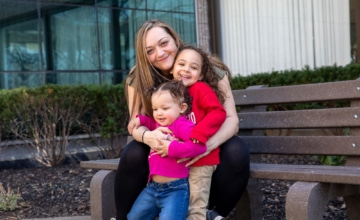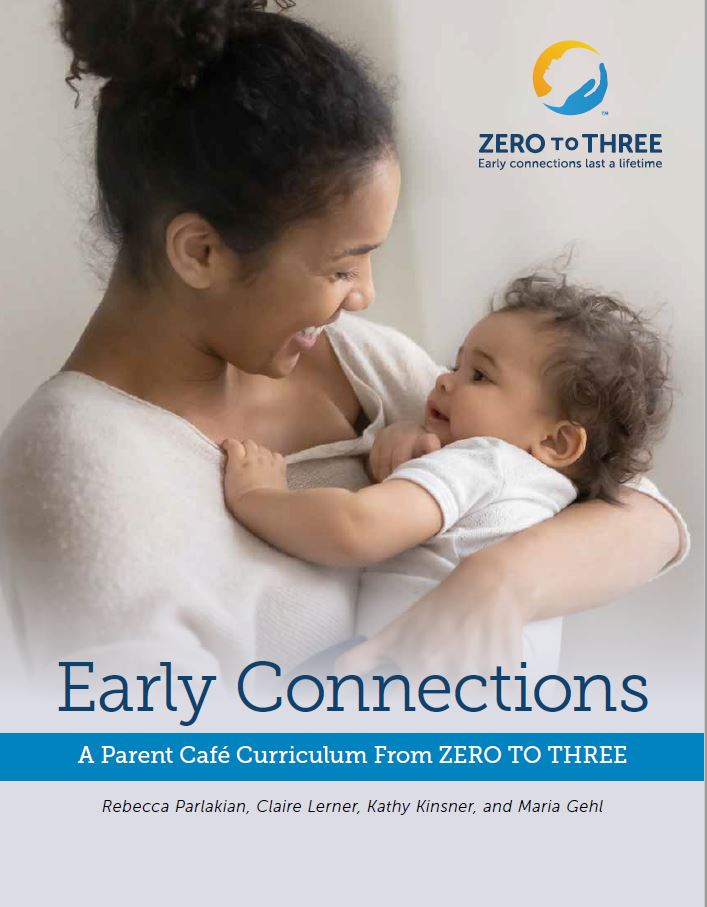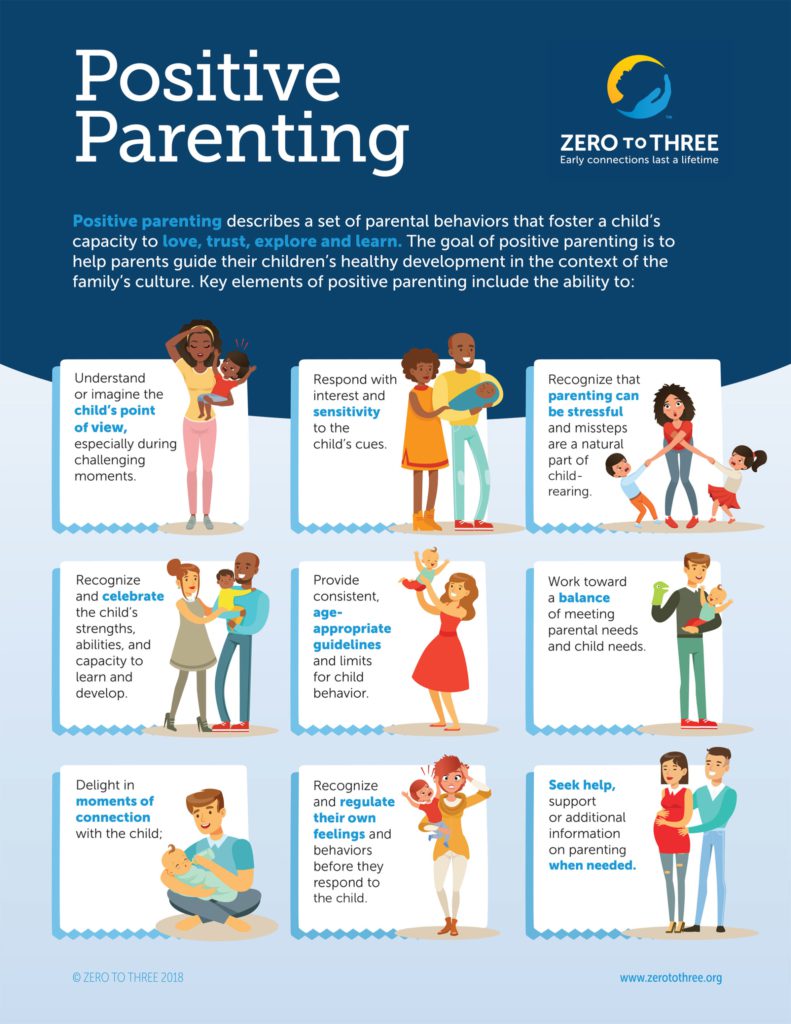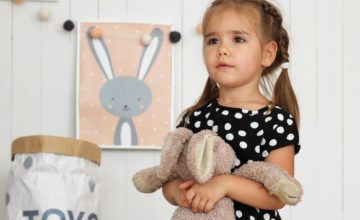
Resource
Mindfulness Practices for Families
When parents and children are feeling big emotions, it’s good to find some calm. Simple mindfulness practices for families can help.
Details


Sarah MacLaughlin is the Senior Training & Technical Assistance Specialist for Pediatrics Supporting Parents. She is a licensed social worker, parent educator, and author of two award-winning books for parents.

Rebecca Parlakian is ZERO TO THREE’s Senior Director of Programs at ZERO TO THREE, where she directs a portfolio of projects related to child development, parenting, and high quality teaching and caregiving.
During the first three years of life, when a child’s brain is growing and changing daily, how adults interact with them has a huge impact. While negative experiences can hinder development, positive ones help children thrive.
There’s been a lot of talk recently — and a lot of misconceptions — about gentle parenting in the news. As our National Director of HealthySteps, Rahil Briggs, PsyD, points out in her Psychology Today column, gentle parenting is not permissive parenting. It’s not a free-for-all, and it’s not letting children do whatever they want. When done well, gentle parenting builds confidence in young children and forges strong caregiver-child relationships.
Most parents have been in a situation where their infant or toddler, likely overstimulated and tired, refuses to listen. There may have been warning signs the child was reaching this point, but parents are busy or stressed themselves — and are suddenly dealing with a full-blown tantrum. Gentle parenting does not mean allowing a child to run away in public, refuse to get in the car, throw things in a store or engage in unsafe behaviors. What it does mean is approaching these common challenging behaviors in a gentle, steady way that doesn’t fuel further distress.
A gentle parent calmly and directly tells a child they seem to need support and lets them know they are going to help. Direct statements like “It’s okay to have big feelings about leaving the park. I’m going to help and pick you up and take you to the car. You can decide if you want a hug or not,” are a perfect example of gentle parenting. It is not permissive, but it also does not seek to shame or embarrass a child who is already having a difficult time.
Young children don’t know how to manage their feelings yet. If caregivers can be calm when the child is not, children learn they can depend on their caregiver during even her toughest moments.
Sarah maclaughlin
Mindfulness supports healthy adult-child relationships.
Almost 70% of parents say they would use more positive parenting strategies if only they knew them.
ZERO TO THREE’s Early Connections parent curriculum helps parents explore and practice critical caregiving skills and nurture parent-child connections.

While it may feel like a shift from the way many parents were raised, gentle parenting benefits children in many ways:
Gentle parenting is not about perfection, rather it’s about striving daily to raise children to function in the world while managing big emotions — and modeling the skills for them to do so.
Gentle parenting is not letting your child be in charge. That's scary for a child. Gentle parenting is a way of building a relationship with your child that is joyful, has limits, and is loving — all three of these things can be true. You can be firm and kind.
rebecca parlakian
Download our positive parenting infographic
Positive parenting is all about making child-rearing choices that reflect your beliefs and values as a parent, your child’s age and stage of development, and his or her temperament.



